Introduction & Analysis
This collection of open-source English-language news articles published over the past week highlights significant events and issues concerning Myanmar. They present a snapshot of the country's safety and security landscape.
- Myanmar continues to face an escalating civil war with the military junta committing systematic human rights abuses, including the torture and proxy detention of children, while armed ethnic groups like the Arakan Army are advancing and rejecting the junta's legitimacy and planned elections in territories they control.
- The country's humanitarian situation is dire, exacerbated by US funding cuts that have deprived over 100,000 Myanmar refugees in Thailand of essential food and medical aid, leading to increased malnutrition and high-risk migration, and a junta-imposed restriction on life-saving HIV/AIDS medication within Myanmar.
- Myanmar's instability has significant cross-border impacts, with an estimated 90% of synthetic drugs entering India traced to Myanmar, fueling a lucrative trade controlled by armed militias, and a surge in rare earth mining in rebel-held areas causing toxic heavy metal pollution in Thai waterways.
- International efforts include a joint peace and humanitarian mission from Malaysia, Bangladesh, and other regional partners, while China plays a major role in Myanmar by supporting the junta's election plans—despite concerns about its competence—and maintaining its access to crucial rare earth supplies.
Census & Elections
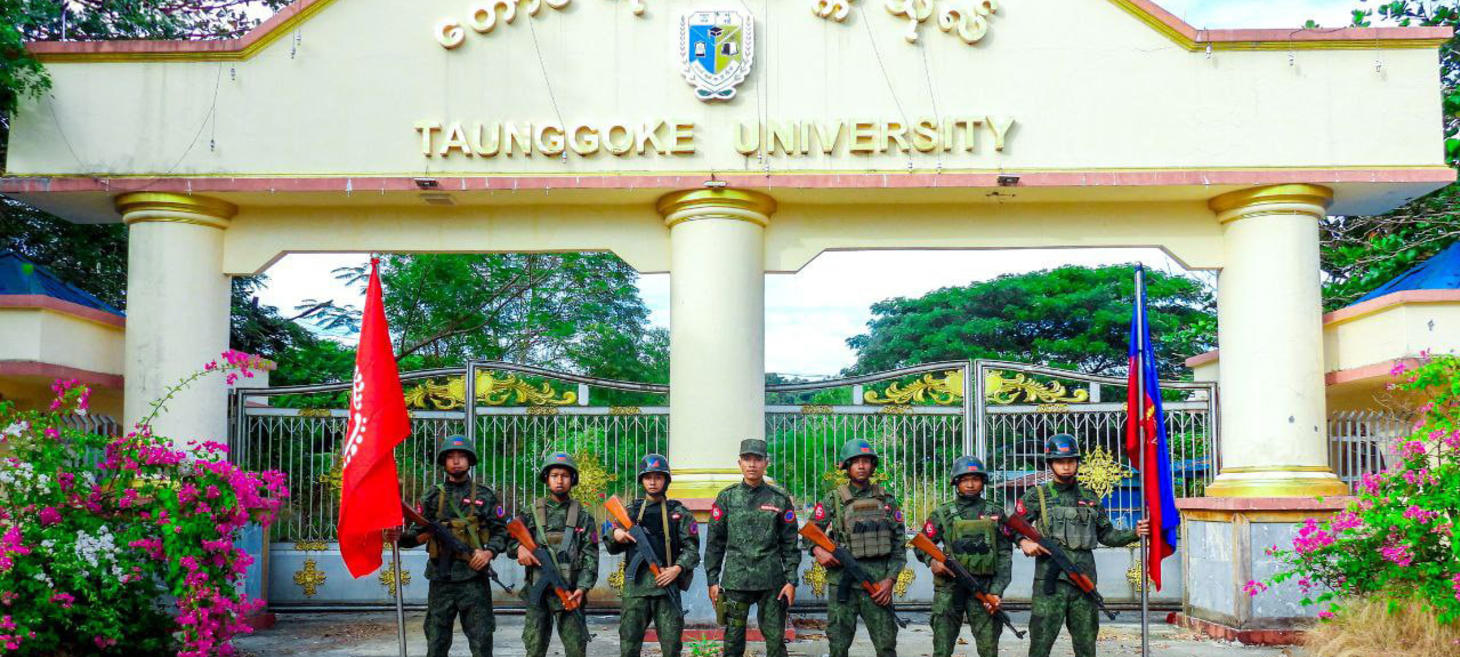
AA Rejects Junta’s Planned Election in Rakhine
The Arakan Army (AA) has declared it will not recognize the Myanmar junta's planned election in territories under its control, stating that elections led by the Myanmar government have never benefited the Rakhine people. Since launching Operation 1027 in November 2023, the ethnic army has liberated 14 of Rakhine State's 17 townships and Paletwa Township in Chin State, and is working to seize Kyaukphyu and encircle Sittwe. Despite the junta rebranding itself and imposing martial law in many areas, including AA-controlled townships, the AA asserts these actions will not impede its objective of capturing all townships in Rakhine State.
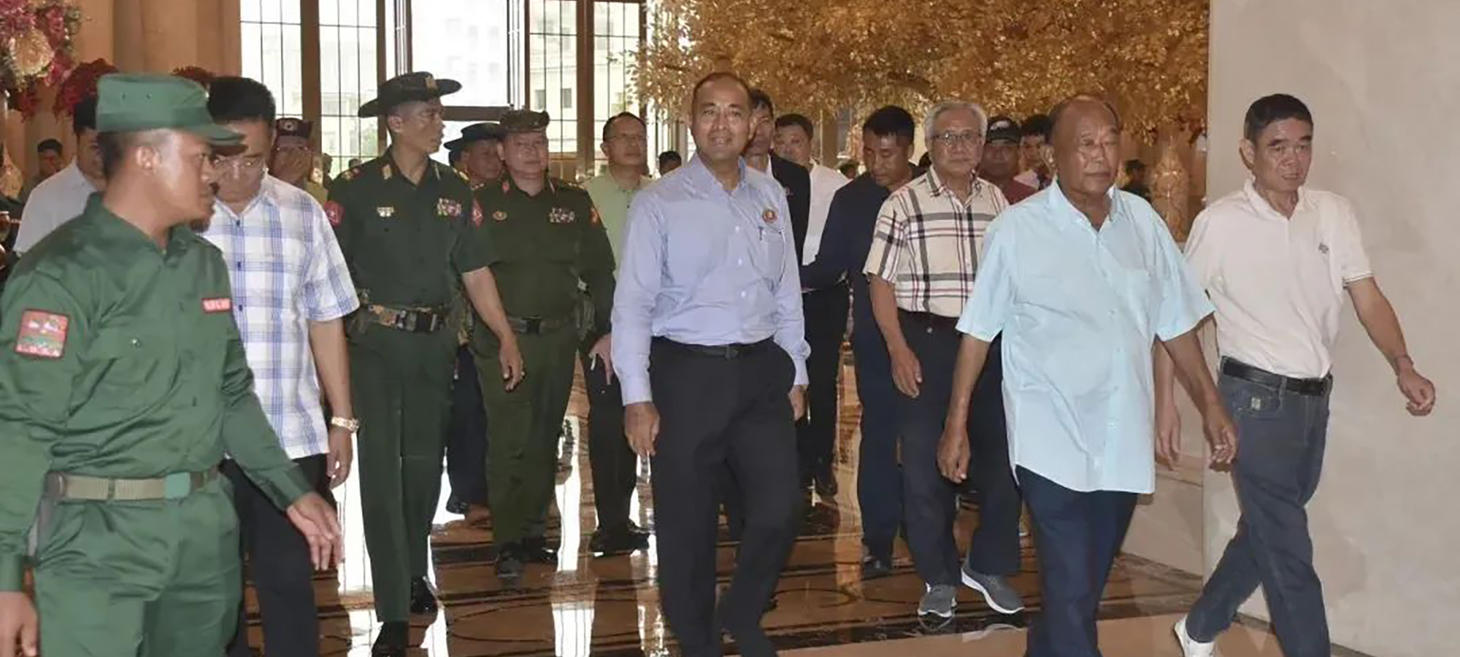
Myanmar Junta Sends Envoys to Wa State to Build Election Support
The Myanmar junta is dispatching envoys, including the Shan State Chief Minister and Triangle Region Command Chief, to Wa State and Mongla to build support for elections scheduled for December 2025, aiming to legitimize its rule. During these visits, the junta, now rebranded as the State Security and Peace Commission, conveyed greetings and promised support for development in education and healthcare to groups like the United Wa State Army (UWSA) and the National Democratic Alliance Army (NDAA). These efforts occur amidst a complex political landscape where the military-backed Union Solidarity and Development Party (USDP) has historically been dominant in areas adjacent to Wa State and southern Shan State, while the UWSA maintains a ceasefire but seeks official statehood and is believed to have secretly backed allies in recent conflicts.
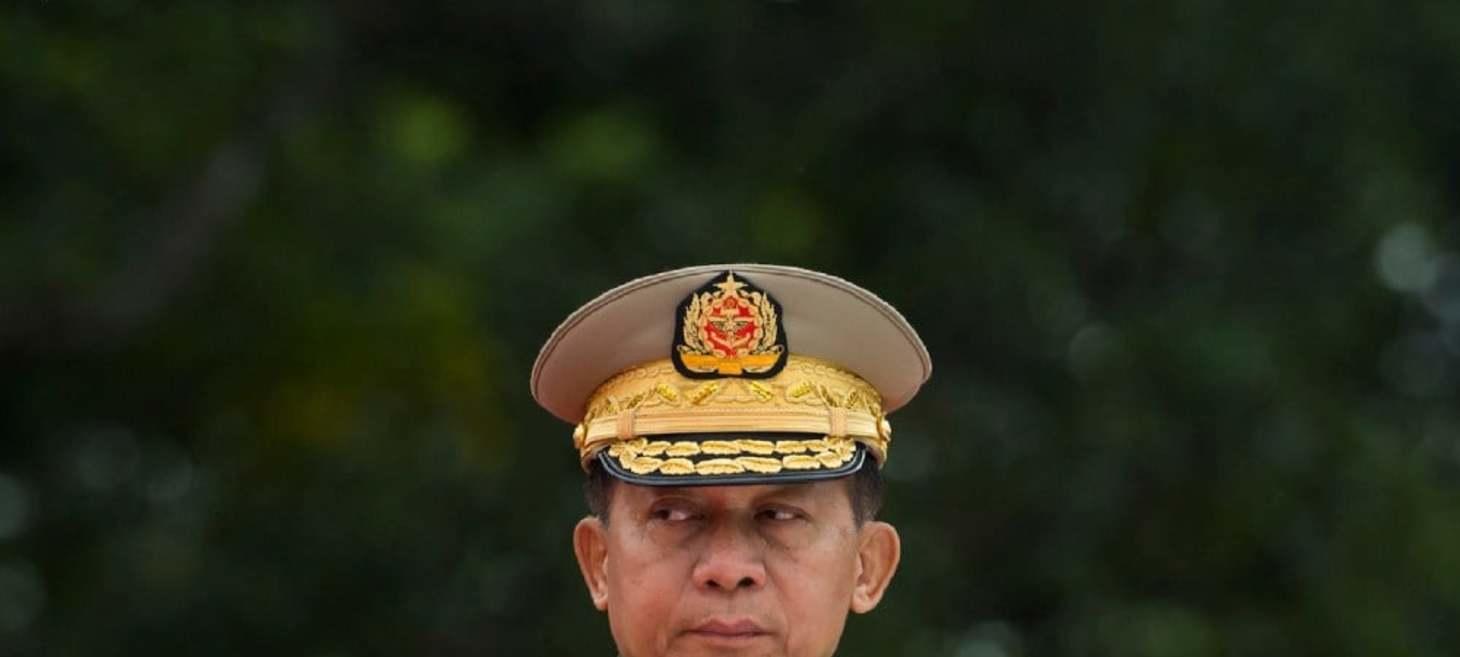
Myanmar’s Election Has China’s Fingerprints All Over It
Myanmar's commander in chief, Min Aung Hlaing, who plunged the country into chaos with his 2021 coup, is preparing for a December election, though observers do not expect substantive policy changes from this "cosmetic makeover". China, the main backer and principal architect of the election, reportedly hopes to deal with a nominally civilian government and potentially someone other than the "incompetent" Min Aung Hlaing, but the election is considered a sham as the popular NLD is barred from competing. Despite hopes from some analysts that the election could limit Min Aung Hlaing's influence, he has ample time to manipulate the process and may cancel it if his standing is threatened, even risking China's displeasure.
Conflict
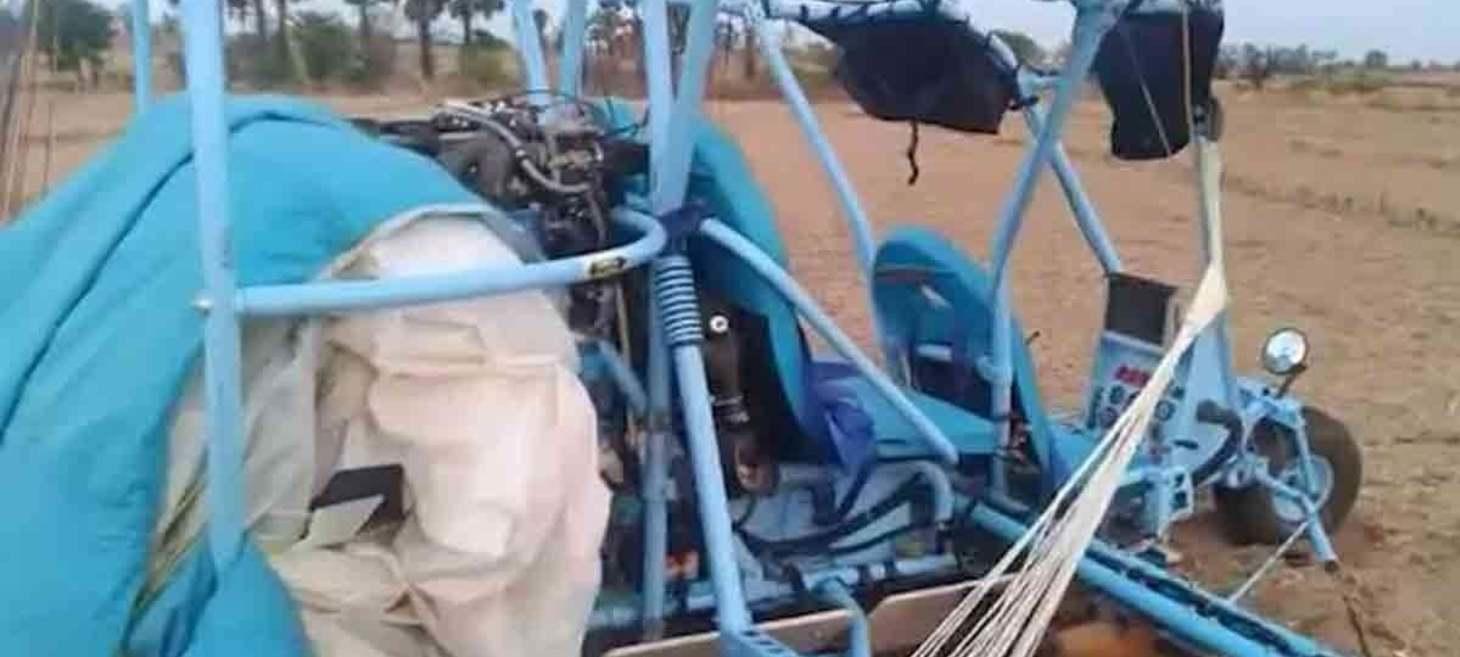
Myanmar junta uses paramotors to bomb Mandalay Region village
On August 11, 2025, the Myanmar junta conducted a pre-dawn raid on Taungyoete village in Mahlaing Township, Mandalay Region, using three paramotors to drop nine bombs, which resulted in the destruction of three houses and the death of three cows. These paramotor attacks, which also involve strafing with machine-gun fire, frequently occur in Mahlaing and Taungtha townships during the early morning hours when people are sleeping. Although there were no human casualties in this particular raid, many residents of Taungyoete and surrounding villages have fled to safer areas due to repeated attacks.
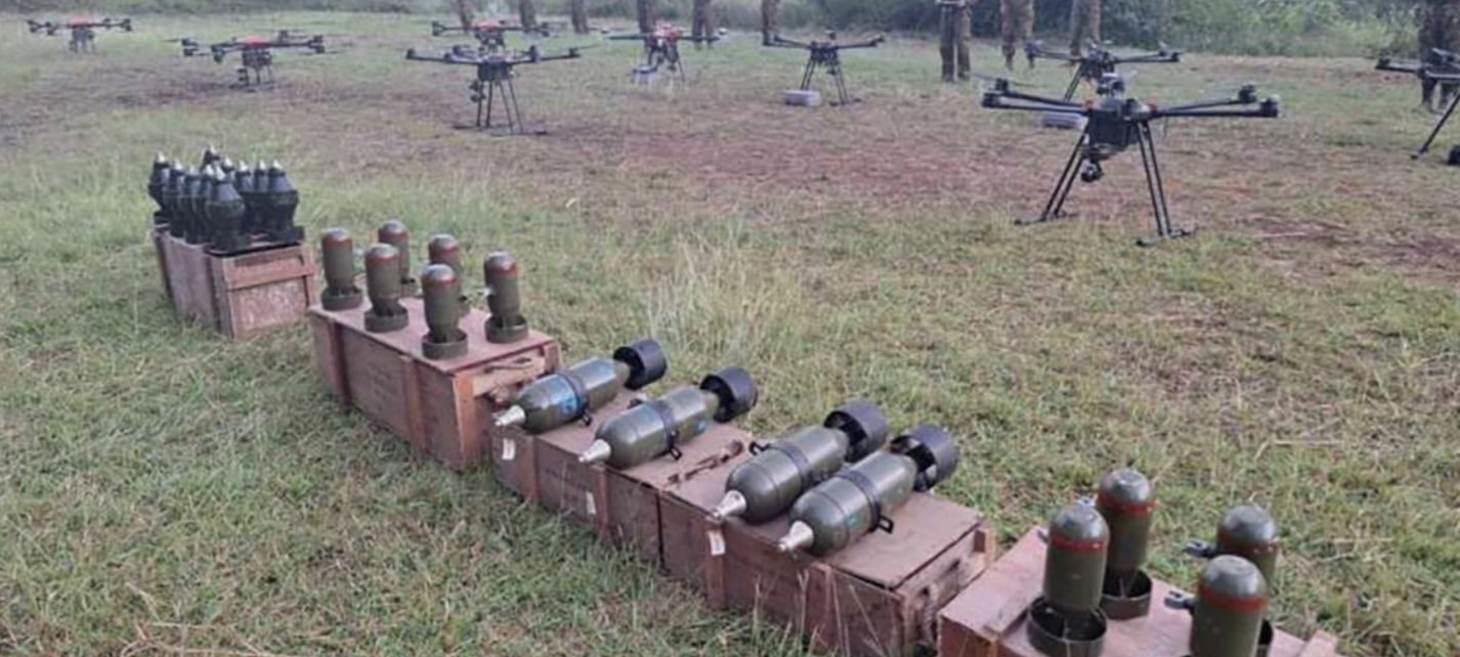
Myanmar’s Deadly Drones Get European Boost – Anti-Jamming Scandal Sparks Sanctions Fury
Myanmar’s military junta has integrated advanced European-made anti-jamming technology into its drones, enabling more resilient operations amid ongoing conflicts, with researchers from Conflict Armament Research (CAR) discovering these components in downed military drones in Kayah and Chin states. This technology, which protects drones from electronic interference, was deemed neither military nor dual-use and evaded export controls, reaching Myanmar through a multi-step supply chain from Europe to China and then to a firm near the Myanmar border. This development intensifies calls for stricter international sanctions and ongoing monitoring, highlighting vulnerabilities in global supply chains and the challenge of rapid technological advancements outpacing regulatory controls.
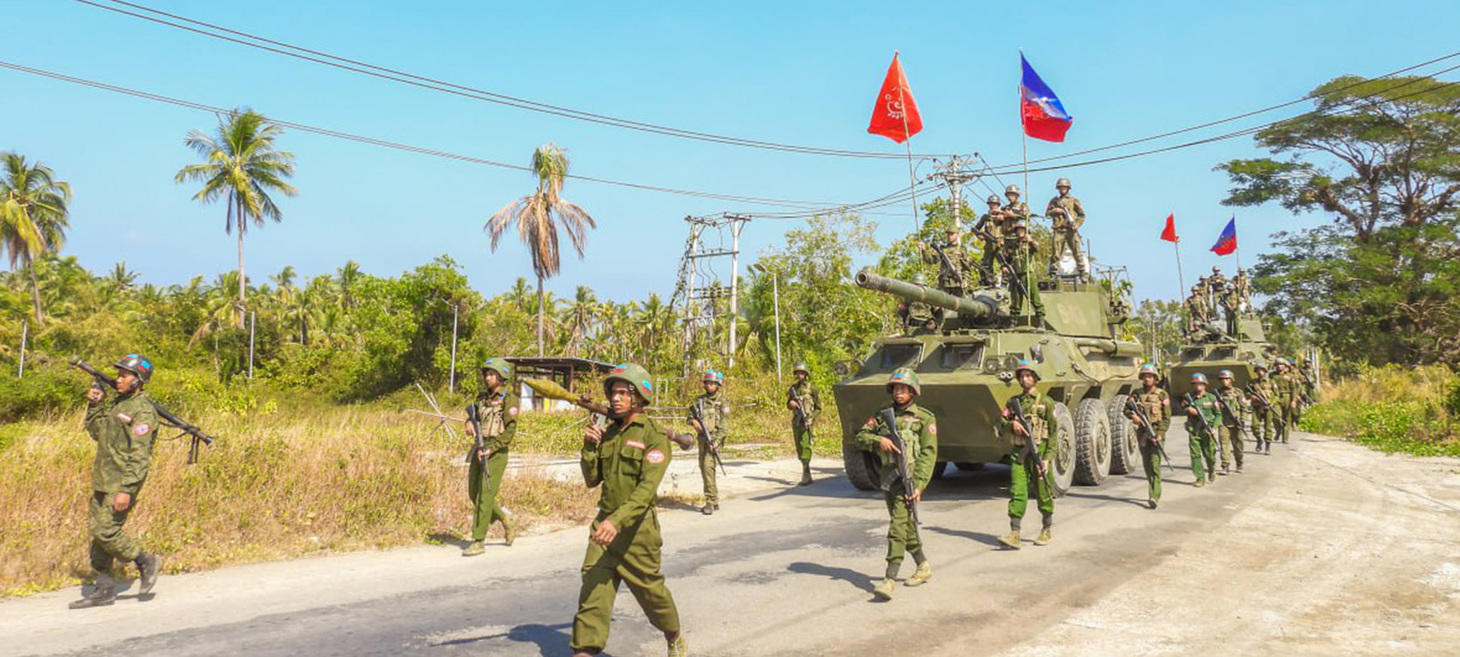
AA Advances Against Myanmar Junta in Ayeyarwady
Fresh clashes have erupted between junta troops and the Arakan Army (AA) in Ngathaingchaung sub-township, on the border of Rakhine State and Ayeyarwady Region, specifically around the junta’s Artillery Battalion 344. The AA has been advancing into Ayeyarwaddy Region, reportedly overrunning junta positions in Set Set Yo Village and pushing towards Lemyethna and Eain Thabyu, having previously seized several outposts guarding Artillery Battalion 344. These advances are part of the AA's broader military operations, which have extended into Magwe, Bago, and Ayeyarwaddy regions since early 2025, with the group now controlling 14 of 17 townships in Rakhine State plus Paletwa Township in Chin State.
Conscription
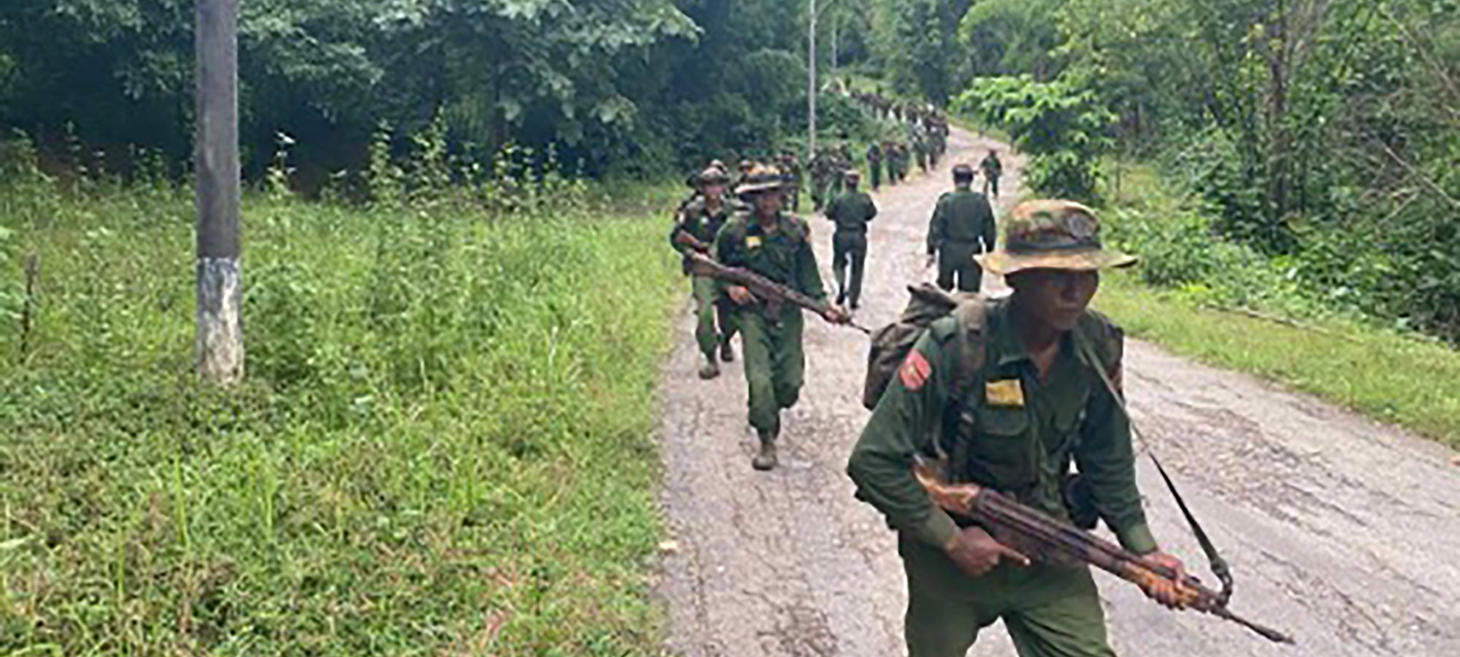
Conscript Tells of Brutal Abuses by Myanmar Military Officers
A conscripted soldier named Nay Thura Myo, who defected to the ethnic Arakan Army, has revealed brutal abuses by Myanmar military officers, including the execution of fellow soldiers who attempted to retreat during frontline combat. He detailed instances where conscripts were shot dead for retreating, beaten and left exposed, and coerced into using narcotics. These testimonies highlight the harsh conditions faced by thousands of young men forcibly recruited under the junta’s Conscription Law, leading some to resort to self-inflicted injuries to avoid duty.
Crime & Narcotics

90% of synthetic drugs entering India traced to Myanmar: DRI, IB report
India is facing a significant national security challenge as an estimated 90% of synthetic drugs entering the country originate from conflict-hit Myanmar, exploiting its instability and porous borders. Key trafficked drugs include 'Yaba' (the "madness drug"), methamphetamine, and fentanyl, with 'Yaba' being highly profitable, selling for ₹1,000-₹1,200 in India after being sourced for just ₹10 in Myanmar. This illicit trade is facilitated by heavily armed drug cartels and insurgent groups, who exploit the border regions, embed drug carriers among refugees, and operate drug labs, turning India's northeastern states into both consumption and transit hubs.
Economy
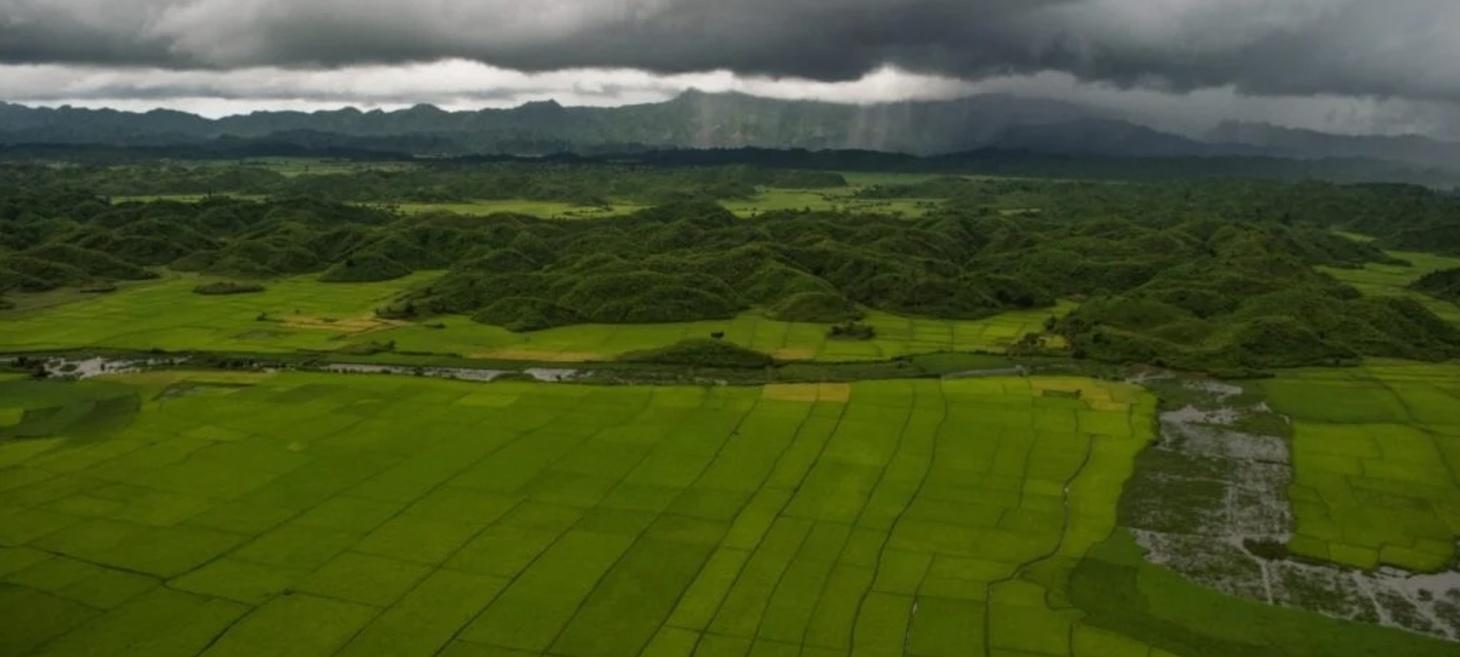
The price of control: War sinks Rakhine State’s economy
Rakhine State's economy is in a severe crisis due to the conflict between the junta and the Arakan Army (AA), exacerbated by a state-wide transportation blockade that has brought trade to a halt and isolated the region. This has resulted in farmers and fishermen being unable to sell their produce, a significant increase in prices for essential goods, a collapsed banking system with severe cash shortages, and tragic instances of hunger-related suicides. While the AA now controls most of the state and attempts to implement measures like encouraging local production and allowing internet access, these efforts are often ineffective or inaccessible to the majority, and residents are frustrated by increasing taxation and feel the AA is similar to the military regime in its demands.
Ethnic Issues
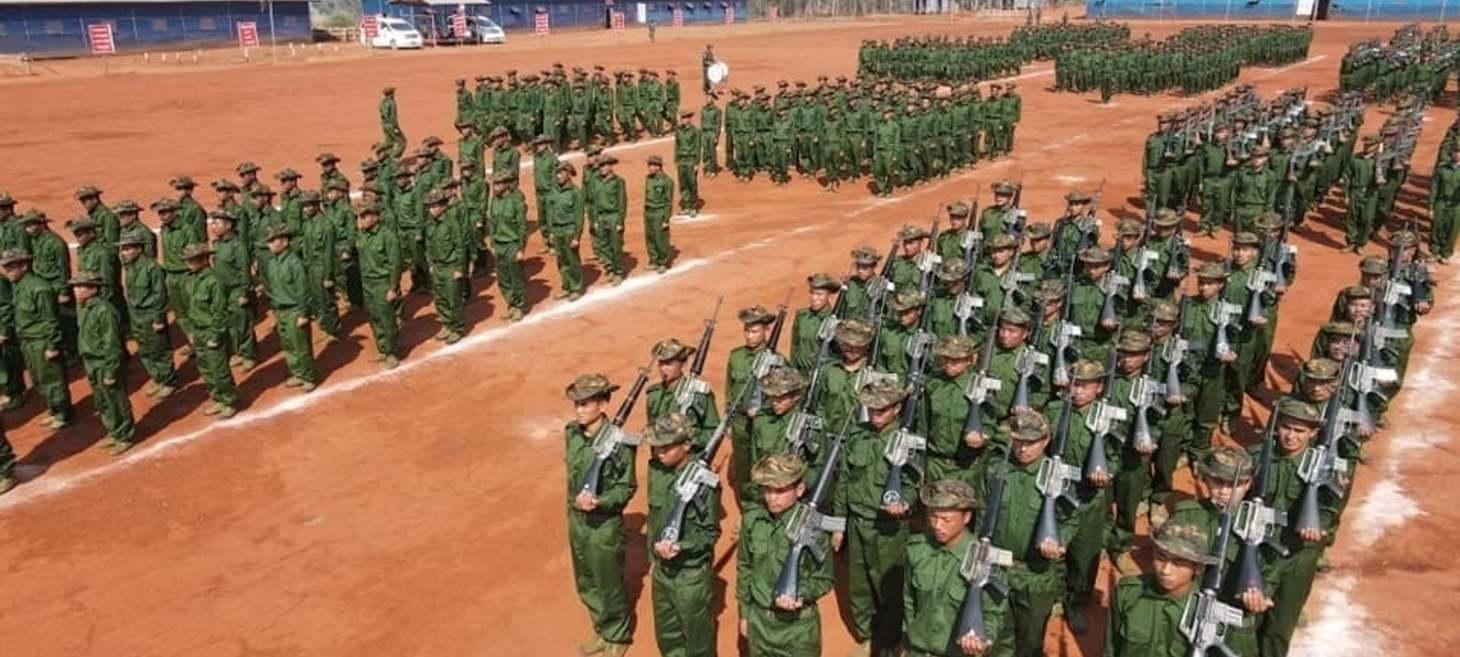
‘Guard or Pay’: PNO Accused of Forcing Shan State Villagers into Service
The Pa-O National Organisation (PNO) and the Myanmar military (SAC) are reportedly forcing villagers in Yawnghwe (Nyaungshwe) Township, southern Shan State, into mandatory service and imposing taxes. Since mid-July, residents from villages such as Taung Poet Kwe, Loi Nwet, and Hpayartaung have been ordered to stand guard in PNO uniforms they must purchase, and are required to pay significant sums, ranging from 500,000 to 800,000 kyats per household, either as tax or to cover guard duty. These demands, coupled with ongoing clashes east of Inle Lake, have severely disrupted daily life, leaving many communities struggling to survive and dependent on donations.
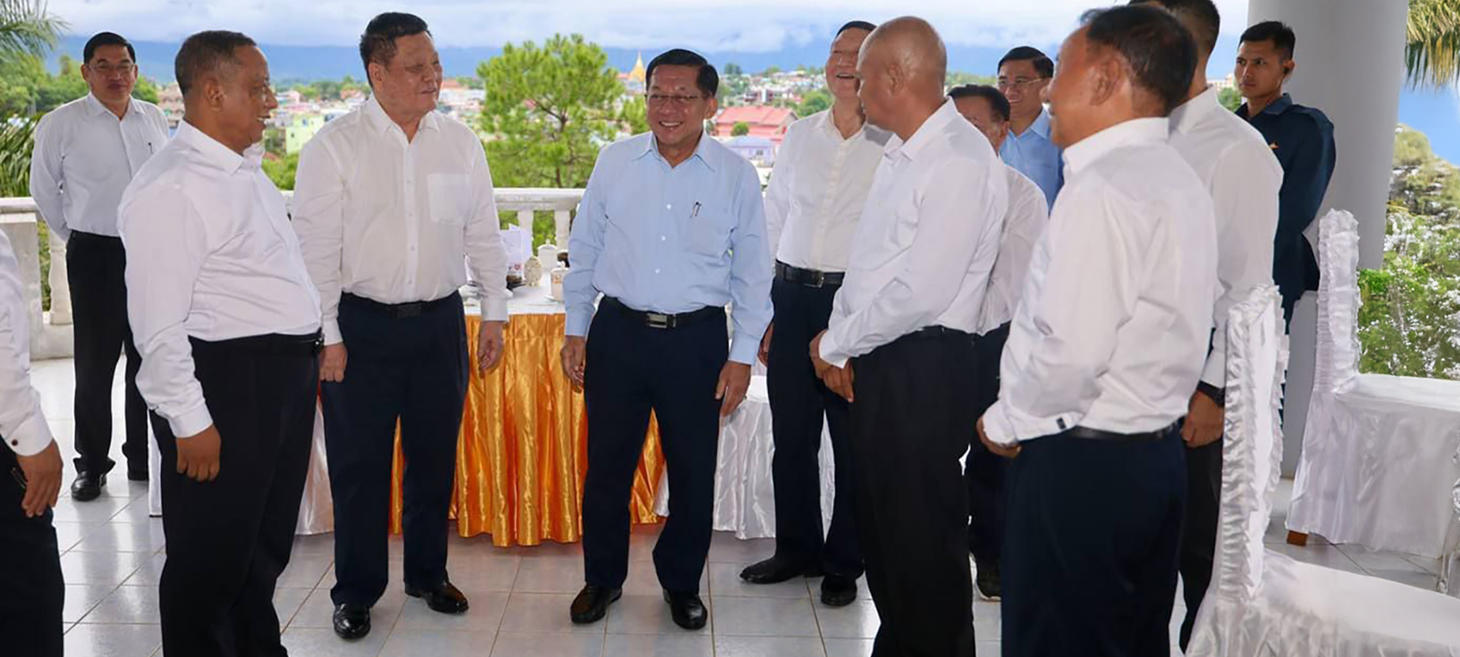
NDAA Urges Myanmar Junta to Revoke Martial Law in Mongla
The National Democratic Alliance Army (NDAA) called for the repeal of martial law in Mongla Township, an area it controls in eastern Shan State, during a meeting with a delegation from the Myanmar junta. The military regime had declared martial law on July 31 in 63 townships, including Mongla and Hopang, which are controlled by resistance groups like the NDAA and United Wa State Army (UWSA). After observing Mongla was peaceful and stable, the junta delegation stated they would relay the NDAA’s request to their superiors, with political analysts suggesting the meetings aim to maintain good relations with these ethnic armed groups.
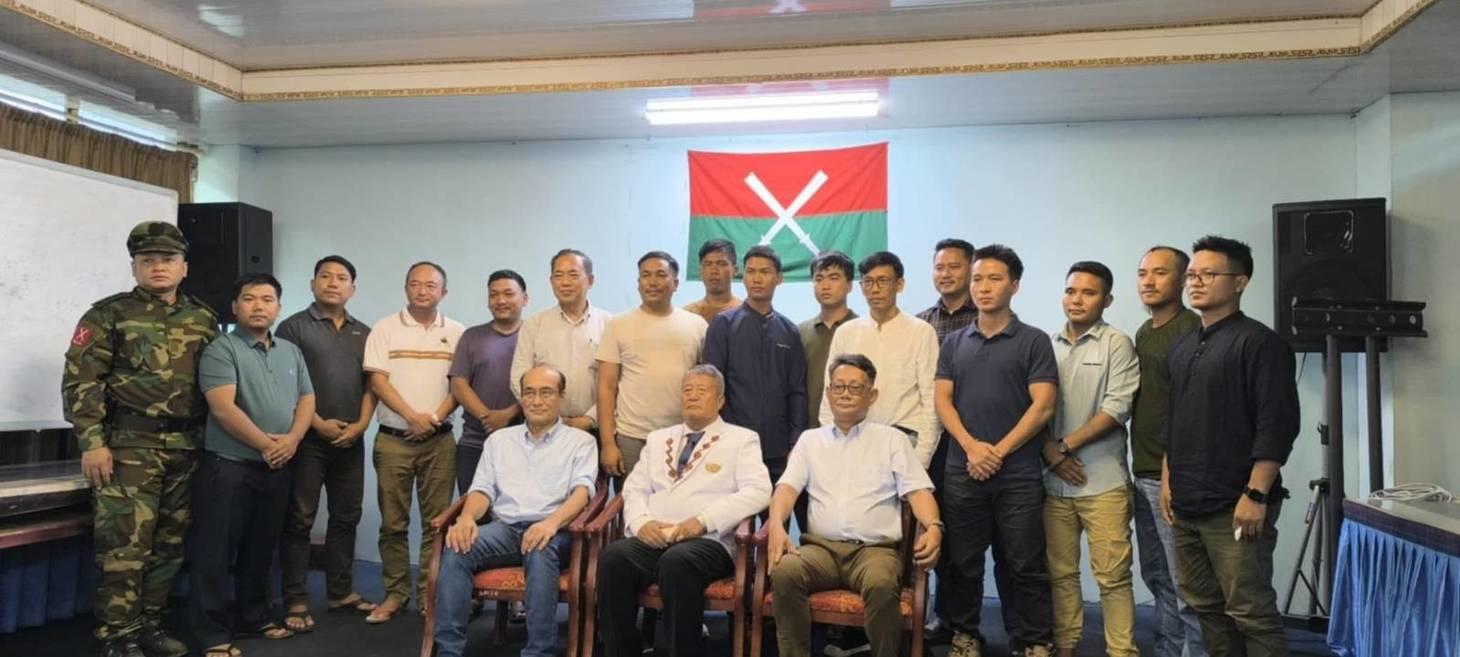
KIO UNITY INITIATIVE: General Gun Maw proactive move to streamline and solidify ethnic-democratic alliance
The Kachin Independence Organization/Army (KIO/KIA) is proactively engaging with various ethnic and democratic forces, including the National Unity Government (NUG), to solidify an effective alliance against the Myanmar military junta's political and military offensives. KIO leader General Gun Maw has met with the NUG, Chin Brotherhood (CB), Yaw Army (YA), and the Zero guerrilla group, aiming to enhance practical cooperation and coordination among these anti-junta opposition groups. This KIO unity initiative seeks to build an all-encompassing alliance to counter the junta's actions, work towards a federal democratic union, and end military dictatorship, despite facing external pressures.
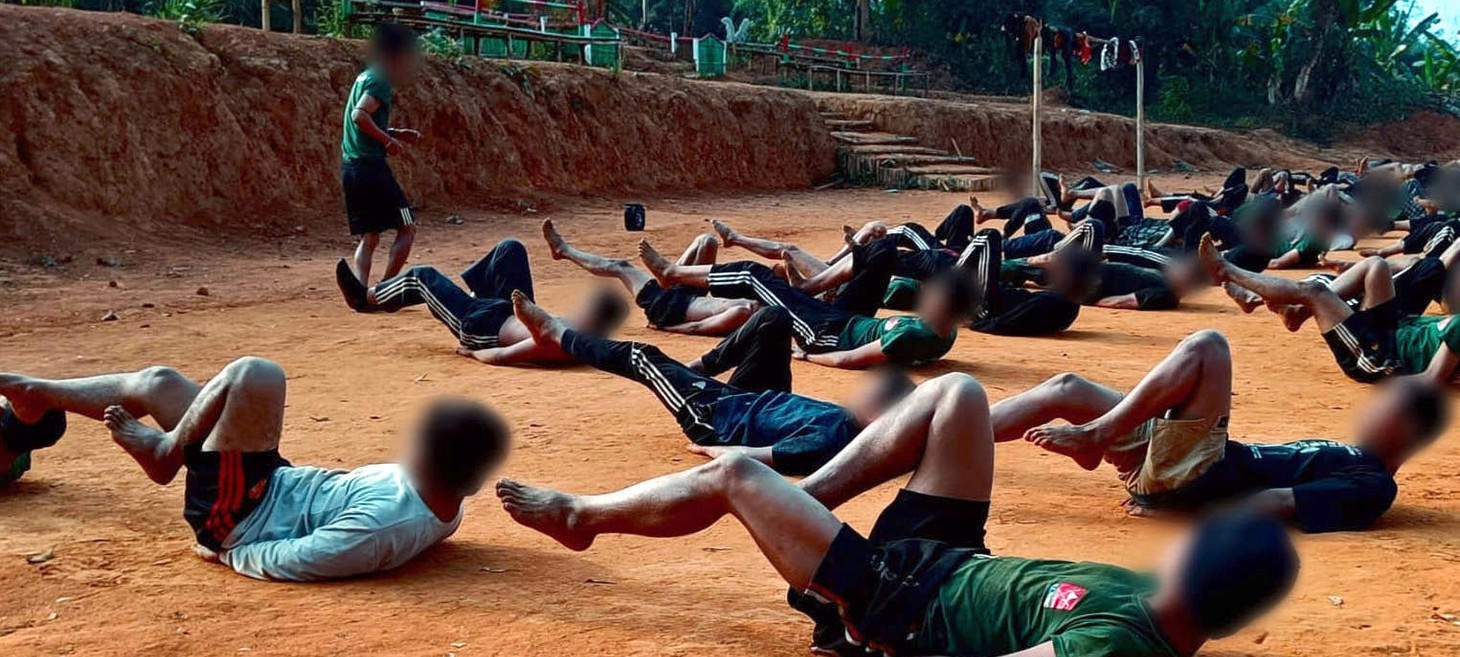
No Guns, No Glory: Why the Mon Are Losing Ground in Myanmar
The Mon people, despite their long history and political activity, have lost ground in Myanmar since the 2021 coup, as their resistance efforts are fragmented and their political influence has not grown, unlike other ethnic groups like the KNU or UWSA. This decline is primarily due to a lack of military strength, an unsustainable financial model reliant on modest taxation rather than lucrative industries, and internal divisions within their armed and political leadership. Without decisive leadership, resource control, or public backing, the Mon movement risks further marginalization in a country where power is often decided by military rather than political strength.
Foreign Affairs
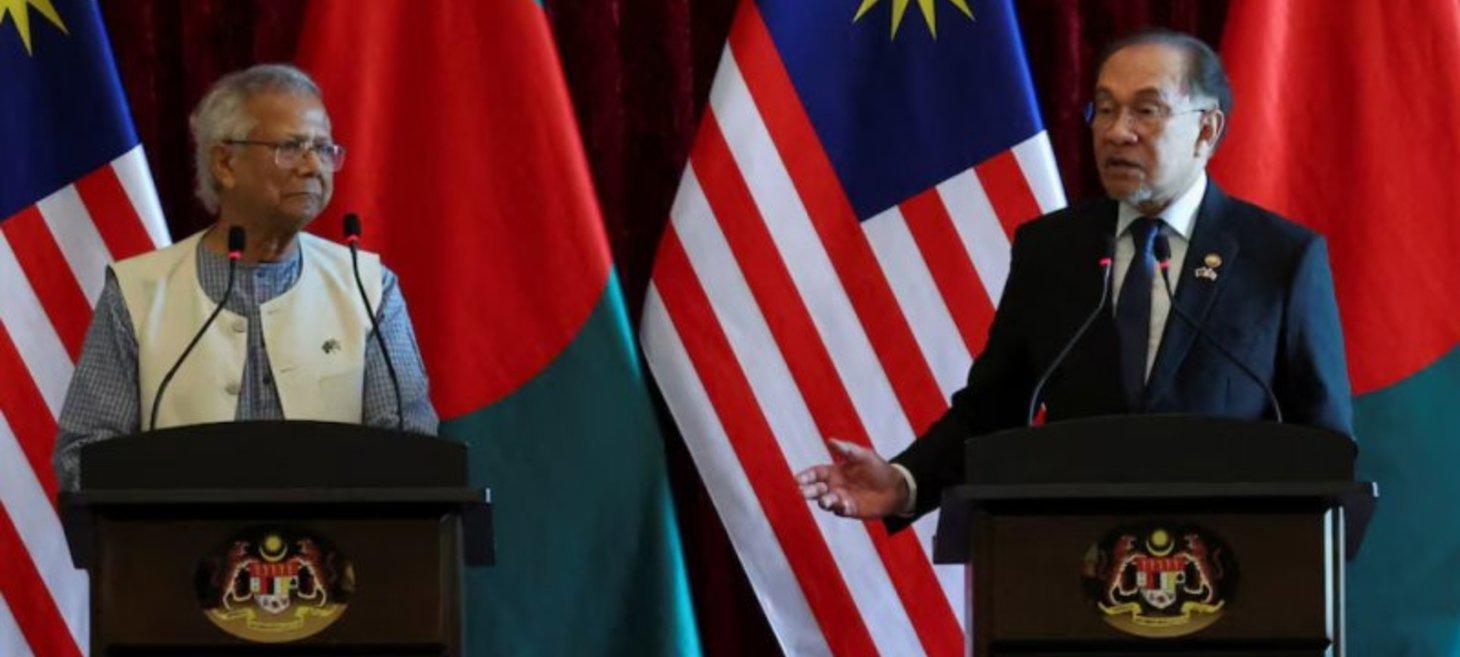
Malaysia, Bangladesh among regional partners sending peace mission to Myanmar
Malaysia, Bangladesh, and several other regional partners are set to send a joint delegation to Myanmar to promote peace and provide humanitarian aid for Rohingya refugees and earthquake victims. The mission, coordinated by Malaysia’s foreign minister, aims to address the burden Bangladesh faces in hosting over 1 million Rohingya refugees and the escalating conflict in Myanmar. During the visit of Bangladesh's interim head, Muhammad Yunus, to Malaysia, both countries also signed five agreements, including defense cooperation and collaboration in energy supply and infrastructure.
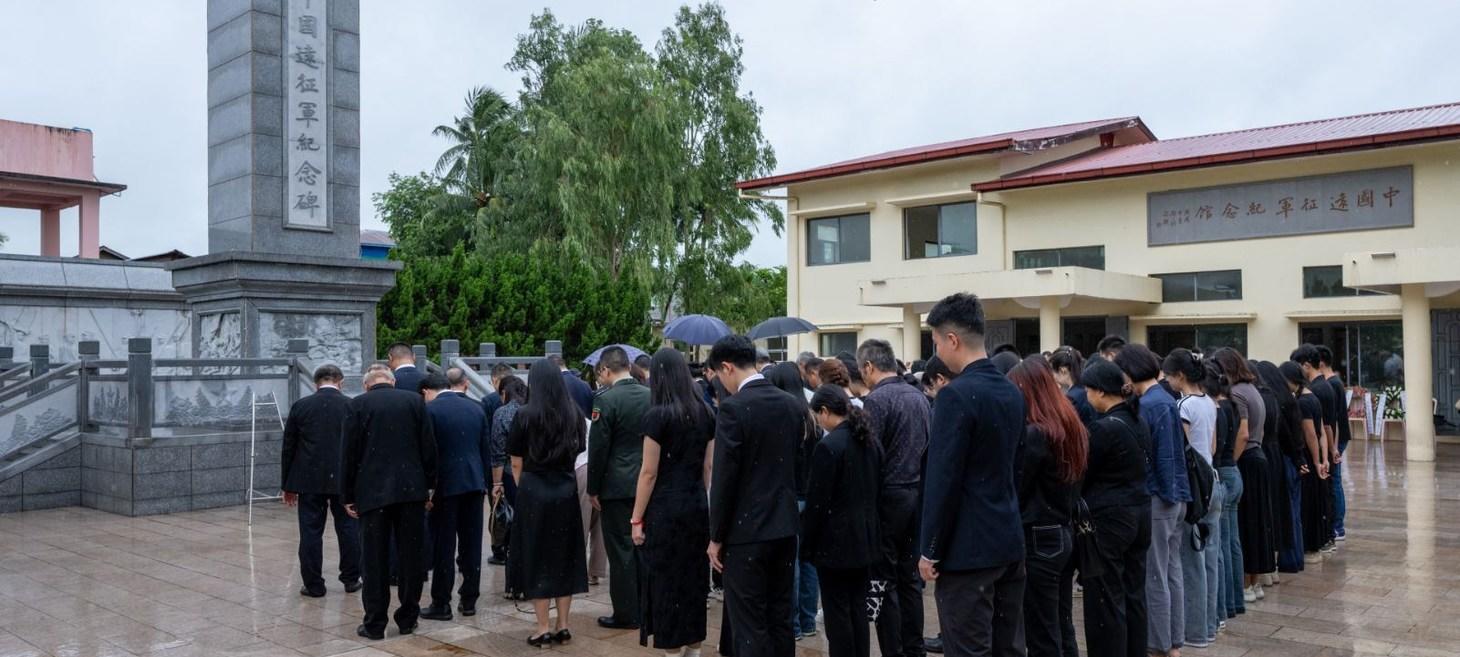
Chinese Embassy holds ceremony honoring Chinese Expeditionary Force martyrs in Taungoo
The Chinese Embassy in Myanmar recently held a ceremony in Taungoo to honor the martyrs of the Chinese Expeditionary Force at a memorial monument on August 7. Led by Chinese Ambassador Ms. Ma Jia, the event gathered over 150 participants, including embassy staff, Chinese business people, and descendants of the force, in observation of the 80th anniversary of the victory of the Chinese People's War of Resistance Against Japanese Aggression and the World Anti-Fascist War. During the ceremony, Ambassador Ma Jia emphasized the importance of cherishing history, loving peace, and promoting the China-Myanmar fraternal friendship and a shared future, with similar homages also conducted in Yenangyoung and Myitkyina townships.
Healthcare
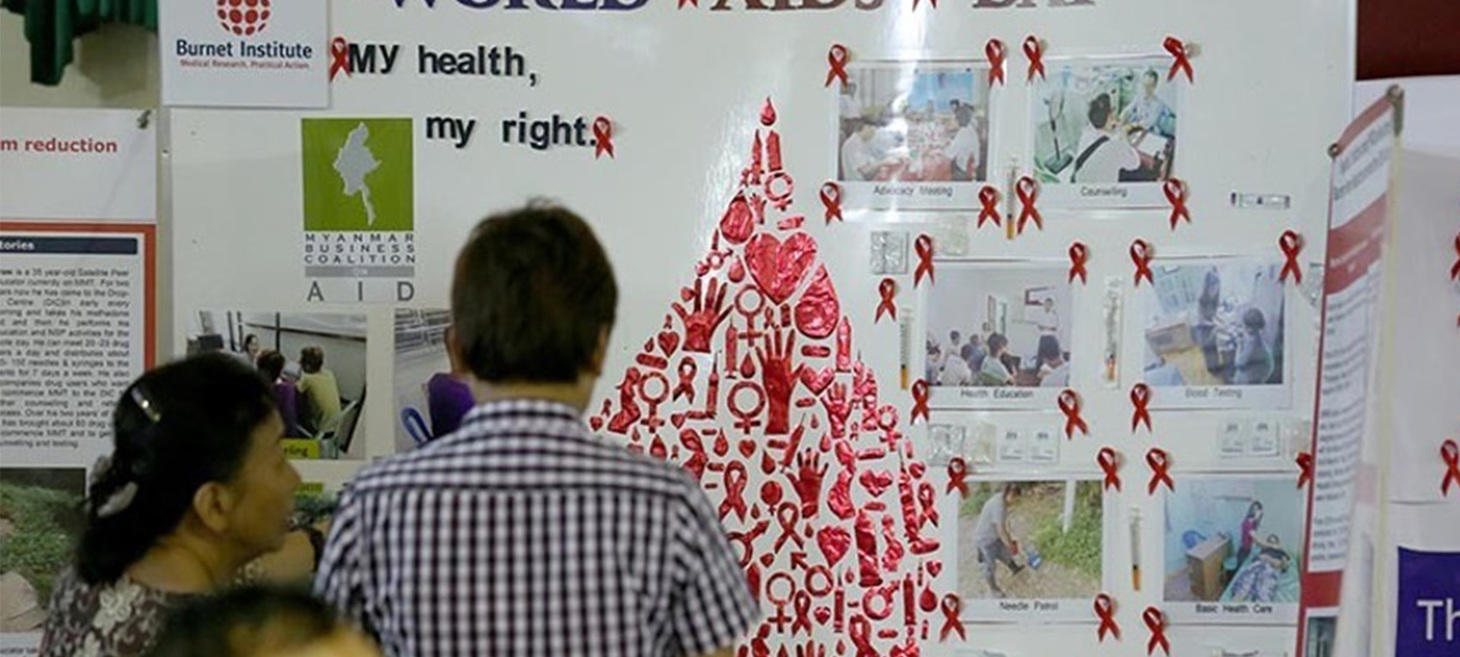
Myanmar Junta Moves to Restrict Aids Medication
The Myanmar junta's Ministry of Health has recently restricted the distribution of life-saving ART medication for HIV/AIDS patients, limiting it to ministry-controlled channels only, whereas it was previously distributed widely through NGOs. This new directive has forced some clinics to close and requires patients to resubmit sensitive personal information, leading to fears about privacy, overcrowding at government facilities, and inadequate care. While the junta claims the restrictions are due to attacks on transport vehicles, critics suggest the move is intended to harm HIV patients in resistance-controlled areas, making it particularly difficult for displaced persons and resistance fighters to access their medication.
Humanitarian
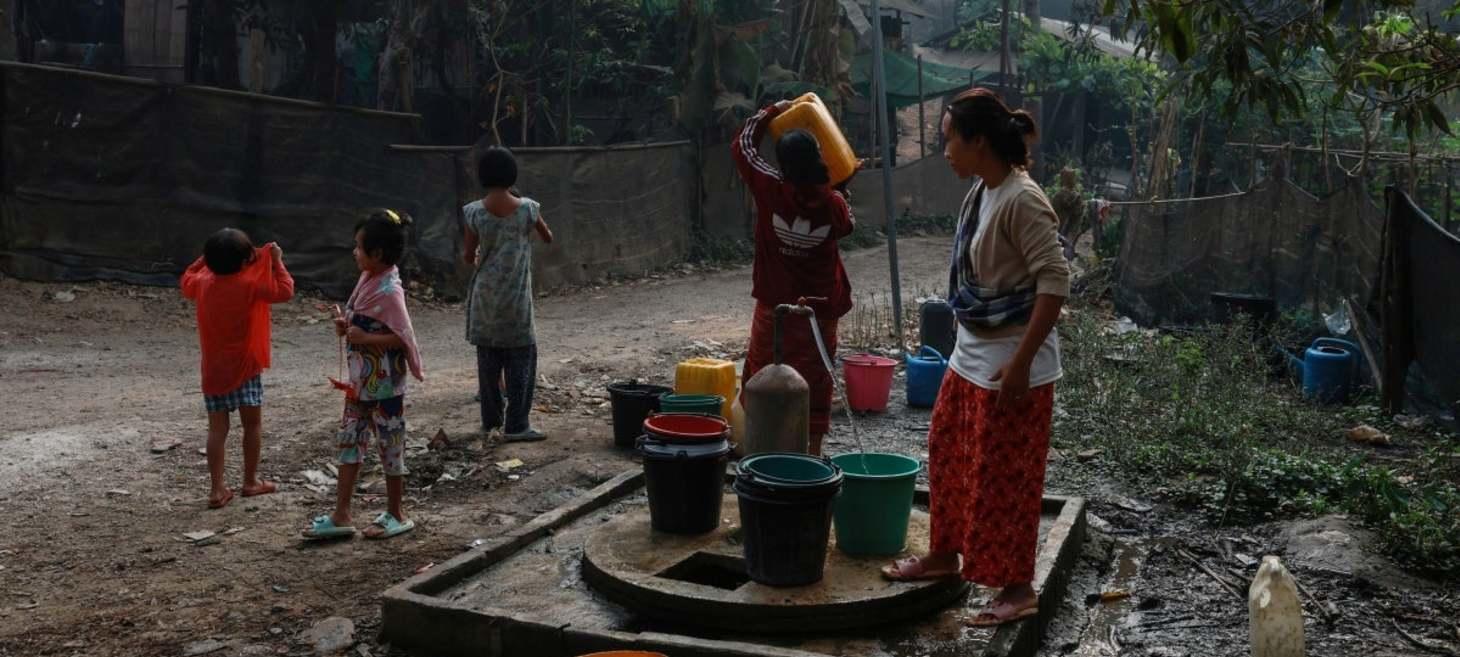
Thailand: Aid Cuts Put Myanmar Refugees at Grave Risk
Over 100,000 Myanmar refugees in Thailand face serious risks, including increased malnutrition and deaths, due to significant US and other donor funding cuts to essential food and medical aid, which ceased on July 31, 2025. Barred from legal work or free movement, refugees are resorting to high-risk migration, stealing, and sending children to work, as their monthly allowance has been severely reduced. Human Rights Watch urges the Thai government to allow refugees to work legally and travel outside the camps, a measure that would empower them and benefit Thailand's economy.
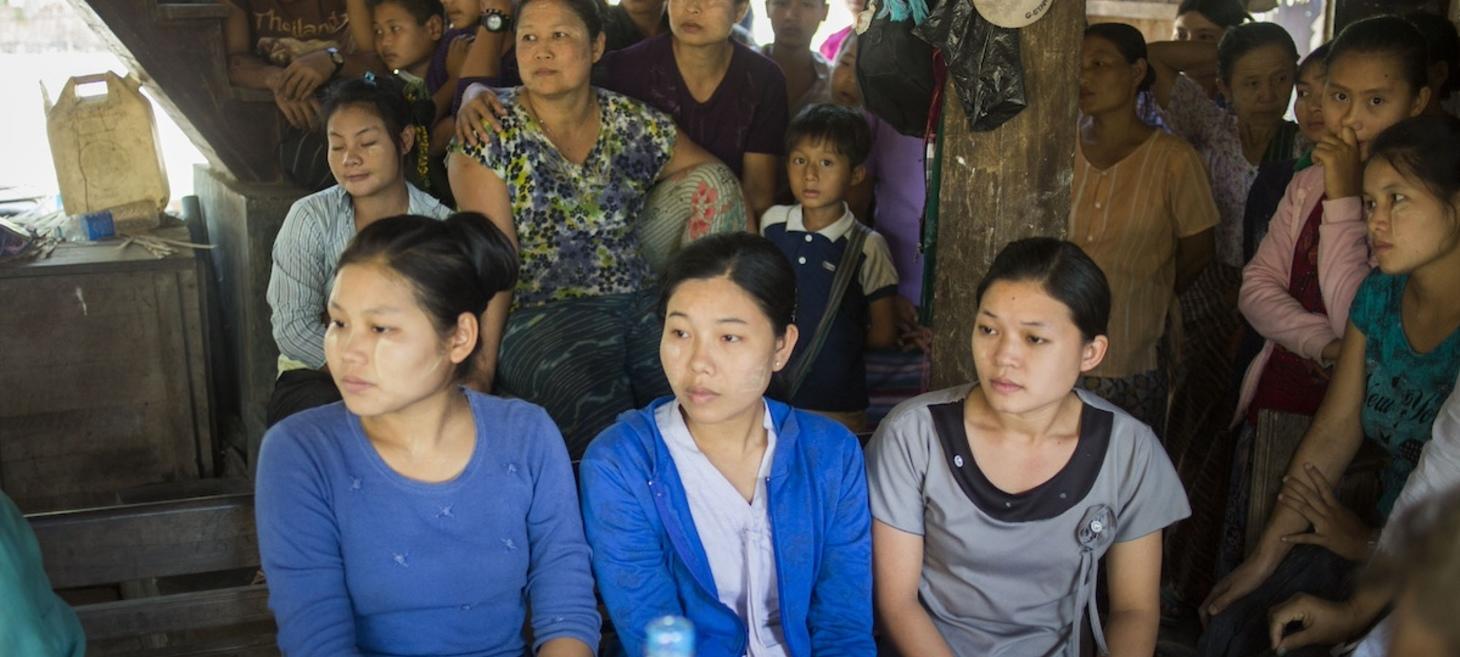
The agony and death left by USAID’s exit from Myanmar
The withdrawal of USAID funding from Myanmar led to an immediate and catastrophic humanitarian crisis, particularly affecting women and children. This "pause" in aid resulted in the overnight closure of hospitals and clinics, the suspension of critical services like maternal and reproductive care, and the dismantling of protection programs against violence, leaving vulnerable populations without essential support. Compounded by natural disasters and military blockades, these cuts have caused a loss of years of progress in public health and women's rights, underscoring the urgent need for restored, unpoliticized, and locally-driven aid to prevent further suffering.
Military

Myanmar army detaining two-year-olds as proxies for parents, witnesses tell UN
The Independent Investigative Mechanism for Myanmar (IIMM) has warned that Myanmar's military is detaining children as young as two years old, often as proxies for their parents, and subjecting detainees to systematic torture in prison facilities. These atrocities, which include beatings, electric shocks, strangulation, and sexual violence, have escalated in frequency and brutality since the February 2021 coup, with nearly 30,000 people detained. Despite making progress in identifying perpetrators, the IIMM's critical work in documenting evidence and supporting justice efforts is now threatened by an unprecedented funding crisis.
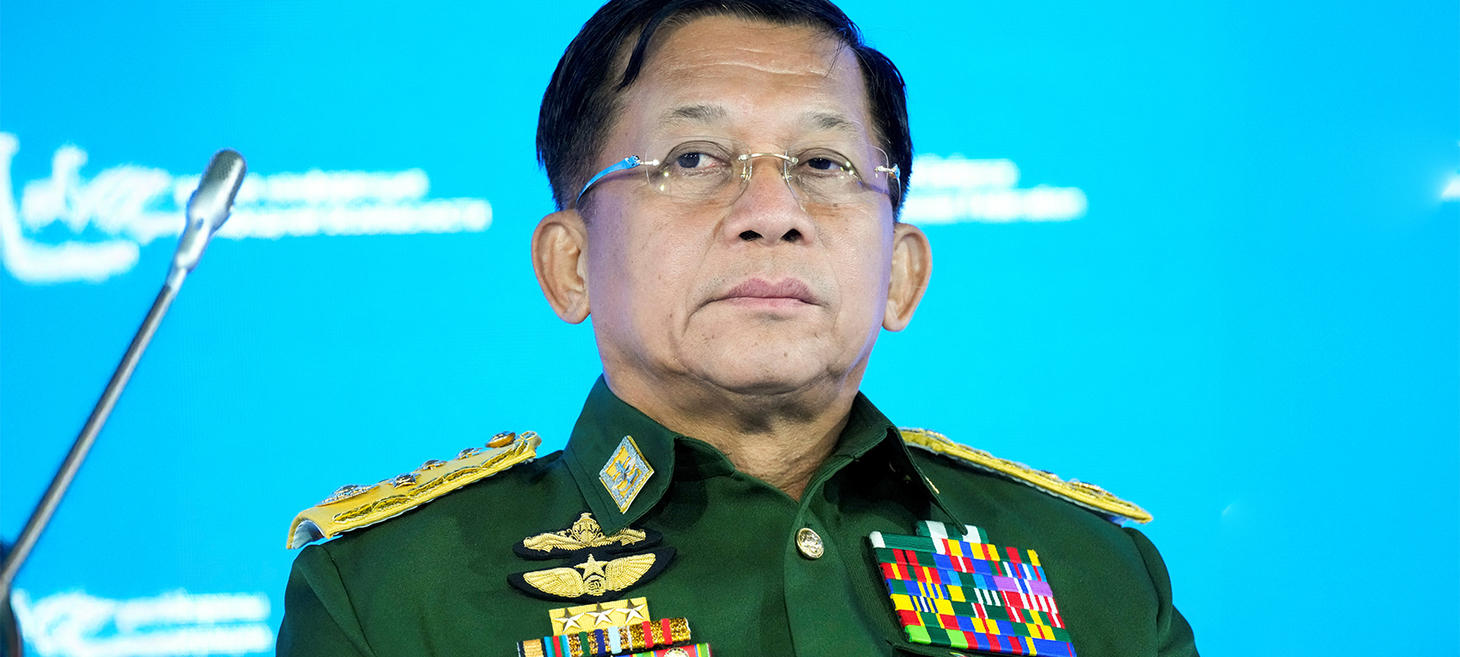
Blood Money and Lobbyists: The Junta’s Desperate Bid for Legitimacy in Washington
Myanmar's military junta has hired the Washington-based lobbying firm DCI Group for an annual fee of US$3 million in a "desperate bid for legitimacy" and to influence U.S. policy on trade, humanitarian aid, and natural resources. This attempt to manipulate global perception is viewed as an immoral and cynical effort to whitewash the regime's image, despite its ongoing atrocities and reliance on China for support. The author argues that legitimacy cannot be bought and urges the United States to reject the junta's efforts, instead strengthening ties with the National Unity Government (NUG), civil society groups, and ethnic resistance forces.
Natural Disaster
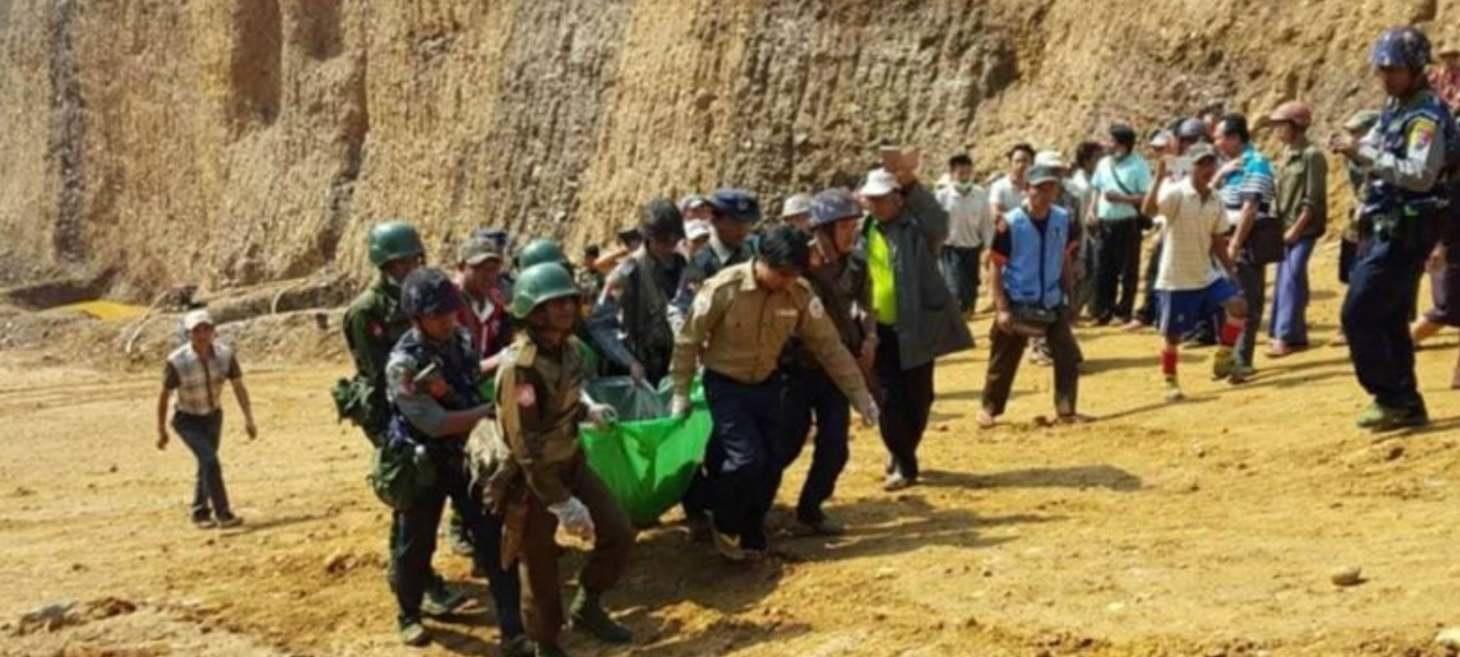
Landslides Kill At Least Eight in Southeastern Myanmar
Deadly landslides and floods, caused by heavy rainfall, have killed at least eight people and left several others missing in southeastern Myanmar. The disaster, which occurred on August 9, 2025, extensively damaged homes, roads, and bridges in the town of Thandaunggyi in Kayin state. Communication networks were also disrupted, hindering ongoing search and rescue operations.
Natural Resources
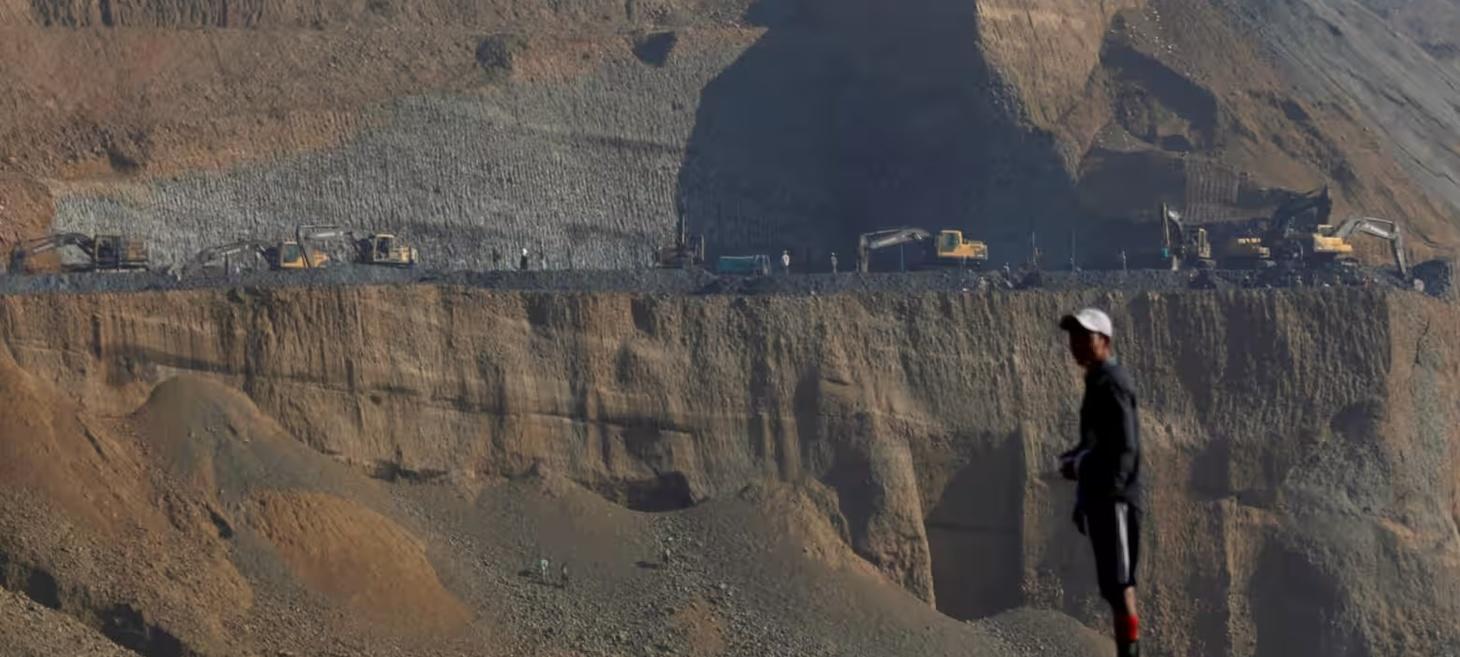
China pressures Myanmar rebels in bid to lock down rare-earth supplies
China is actively working to secure its rare-earth supplies from Myanmar, viewing these minerals as a key bargaining chip in its tariff dispute with the U.S.. Beijing is pressuring an armed group in Kachin state, a main rare-earth producing region, to cease fighting and is offering production assistance to forces in another area. This push reflects China's urgency to expand its access to Myanmar's rare-earth resources.
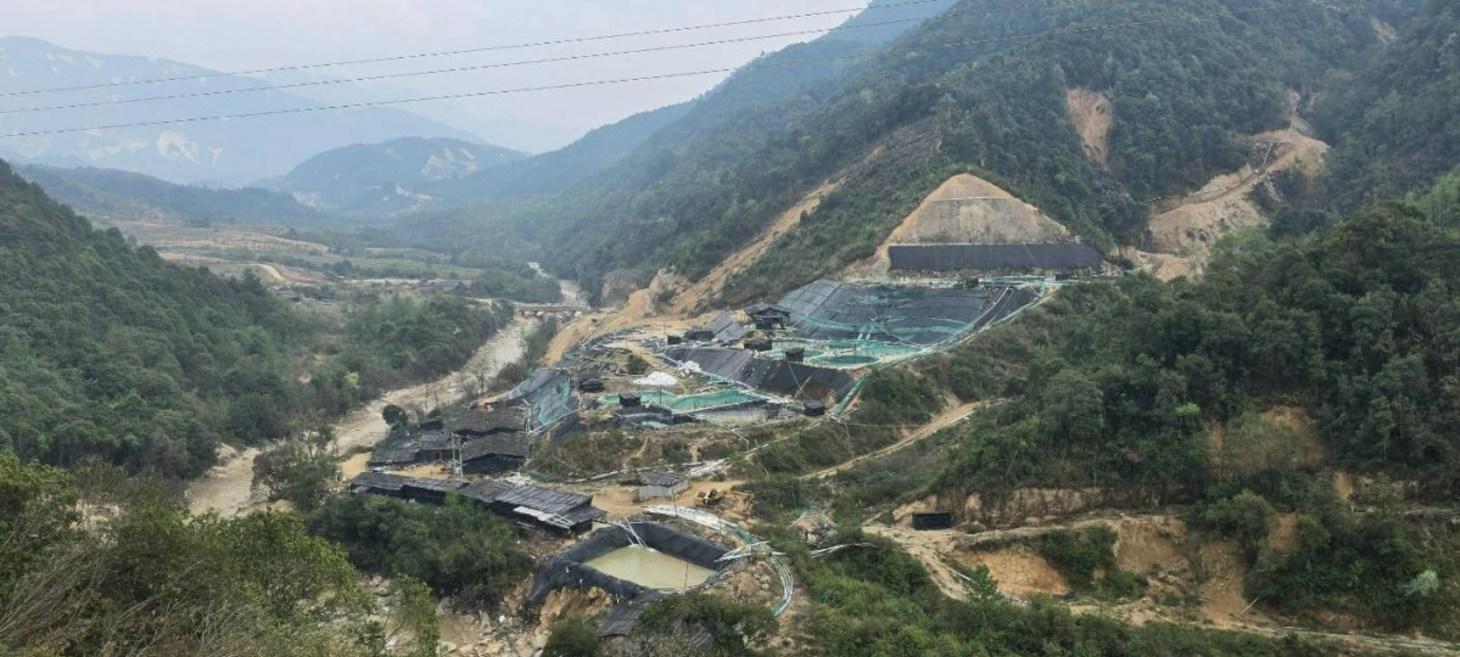
Satellite images show surge in rare earth mining in rebel-held Myanmar
A surge in rare earth mining in rebel-held Myanmar, primarily supplying Chinese processing plants, is blamed for toxic levels of heavy metals, including arsenic and lead, in Thai waterways like the Kok, Sai, and Mekong Rivers. This pollution, identified through satellite images and water sample testing, poses severe risks to human health, crops, and livestock in downstream communities due to zero environmental monitoring at the mine sites. While Thailand is seeking cooperation, proposed solutions like dams are deemed ineffective, with experts stressing the necessity of stopping the mining at its source to truly address the problem.
Telecommunications
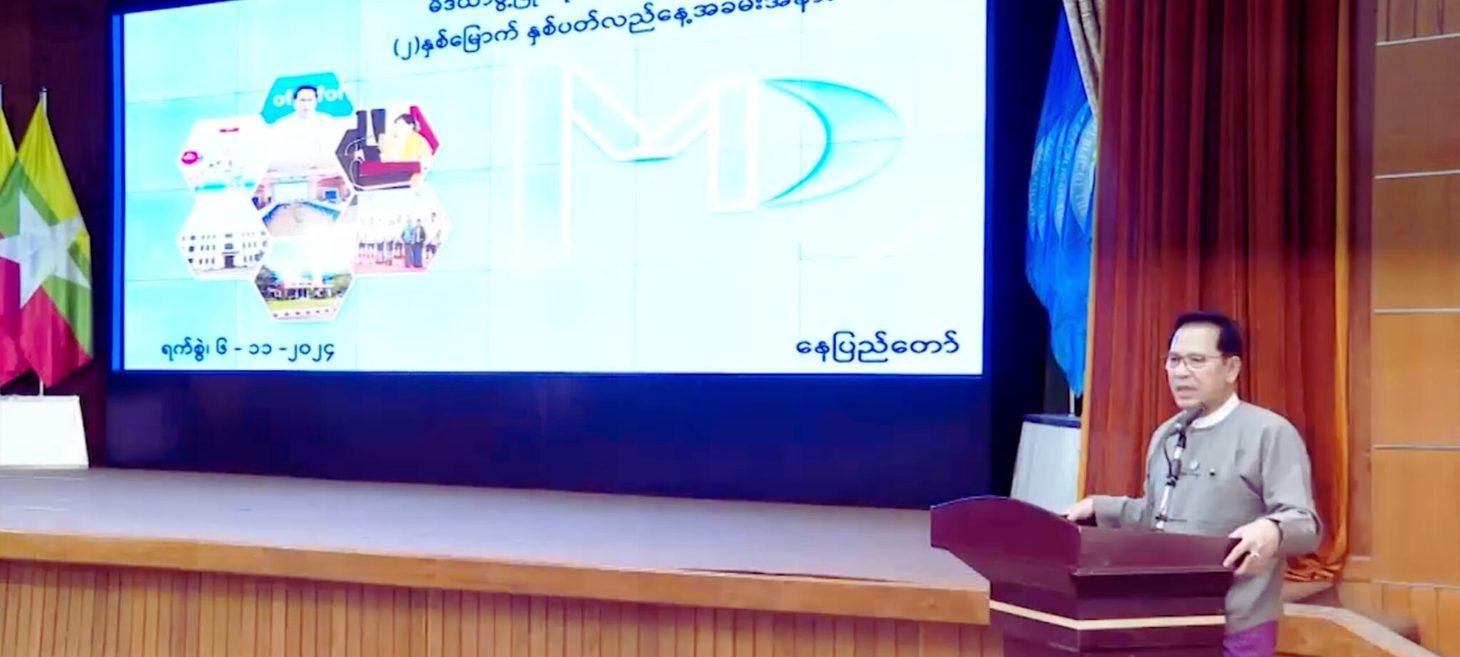
Exclusive: Myanmar regime using Facebook comments to spread disinformation
Leaked documents reveal that the Myanmar regime is intensifying its efforts to spread disinformation through Facebook comments. This propaganda campaign is coordinated by the military's Department of Media Development, which was established to manage these Facebook comment activities. Maung Maung Ohn, the junta’s information minister and a former brigadier general, is involved in these operations.
United Nations
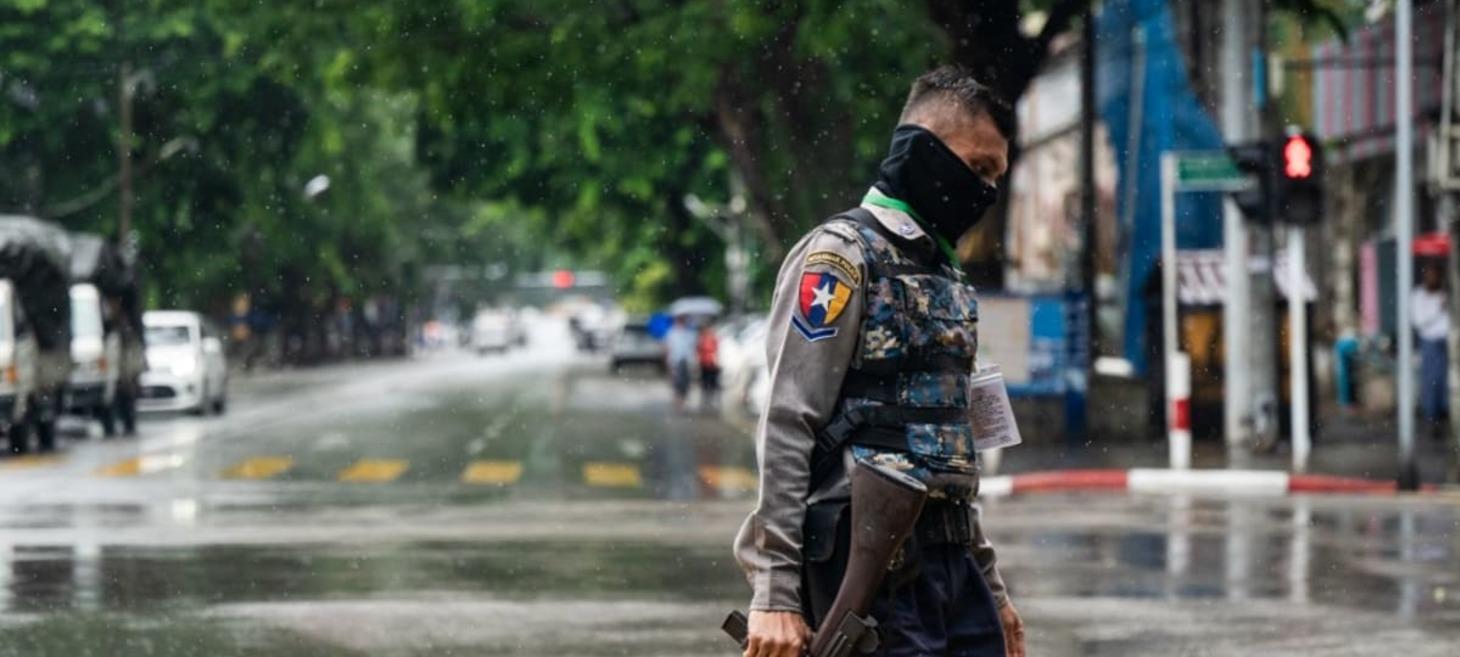
Myanmar junta committing 'systematic' torture: UN report
UN investigators have documented "systematic" torture in Myanmar's military detention facilities, including beatings, electric shocks, gang rape, sexual slavery, and the burning of sexual body parts, affecting even children aged two to seventeen. This torture is part of a broader crackdown in Myanmar, where nearly 30,000 people have been arrested since the 2021 coup that led to a civil war. The UN's Independent Investigative Mechanism for Myanmar (IIMM) is working to identify perpetrators with the aim of prosecuting them, though opposition groups have also been accused of war crimes.